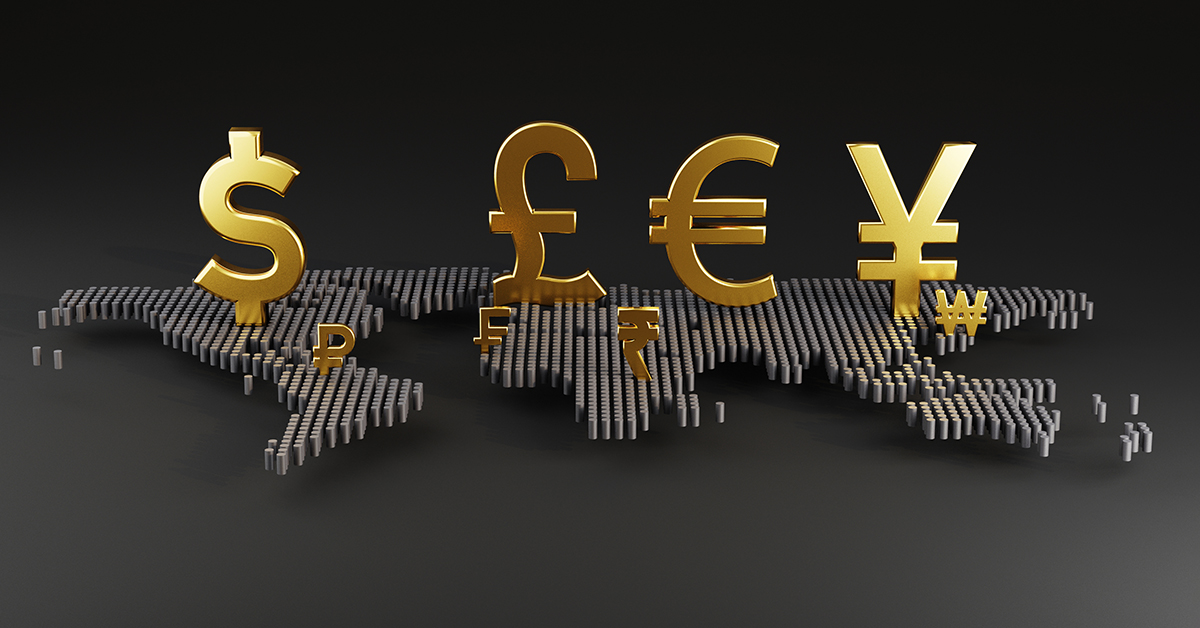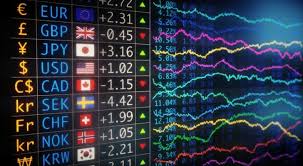
Forex trading, also known as foreign exchange trading, is one of the most dynamic financial markets in the world, with a daily trading volume surpassing $6 trillion. For beginners who want to delve into this exciting field, investing in a Forex trading course is an excellent first step. forex trading course for beginners Cameroonian Trading Platforms provide valuable resources and opportunities for traders starting their journey. In this article, we will explore essential aspects of Forex trading that every beginner should know.
What is Forex Trading?
At its core, Forex trading involves the buying and selling of currencies. Unlike stock markets, Forex does not have a centralized exchange; trading occurs over the counter (OTC) through a network of banks, brokers, and financial institutions. Traders aim to profit from the fluctuations in currency exchange rates, which can occur due to a variety of factors including economic indicators, geopolitical events, and market sentiment.
The Importance of Learning the Basics
Before diving into trading, it’s crucial for beginners to understand the fundamental concepts of Forex. These basics include:
- Currencies and Currency Pairs: Forex trading is conducted in pairs, such as EUR/USD or USD/JPY. The first currency in the pair is the base currency, and the second is the quote currency.
- Pips: A pip (percentage in point) is the smallest price move that a given exchange rate can make based on market convention. It is important for measuring price changes in Forex trading.
- Leverage: Leverage allows traders to control a larger position in the market with a smaller amount of capital. While it can amplify profits, it also increases the risk of losses.
- Spread: The spread is the difference between the bid and ask price of a currency pair. Understanding spreads is essential for calculating potential costs in trading.

Choosing the Right Forex Trading Course
With numerous Forex trading courses available online, selecting the right one can be daunting. Here are some tips to help you choose wisely:

- Look for Accredited Courses: Ensure the course is recognized by reputable financial institutions or trading bodies.
- Check Reviews and Testimonials: Research what previous students have to say about the course regarding content quality, teaching style, and their personal success.
- Assess the Content: A good course should cover various aspects of trading, including technical and fundamental analysis, risk management, and trading psychology.
- Practice Trading: Look for courses that offer demo trading accounts or practical trading experiences, allowing you to apply your knowledge in a risk-free environment.
Essential Tools for Forex Trading
Forex trading demands the use of specific tools and platforms designed to facilitate trading operations. Some of the essential tools include:
- Trading Platforms: Popular platforms like MetaTrader 4 and 5 offer user-friendly interfaces for executing trades, analyzing charts, and accessing extensive resources.
- Charting Tools: Technical analysis is a significant aspect of Forex trading. Use tools that allow you to analyze price movements and identify trends.
- Economic Calendars: These are crucial for tracking important economic events and reports that can impact currency values.
- News Aggregators: Staying updated with global news can help you make informed trading decisions based on market sentiments and fundamental analysis.
Developing a Trading Strategy
Having a well-defined trading strategy is critical for success in Forex trading. Here are key components to consider while developing your strategy:
- Risk Management: Always define how much you are willing to risk on a single trade and stick to it. This can involve setting stop-loss orders and determining position sizes based on your capital.
- Entry and Exit Points: Your strategy should clearly define when to enter and exit a trade based on technical indicators or market conditions.
- Monitoring Performance: Keep a trading journal to evaluate your trades, identify patterns or mistakes, and adjust your strategy accordingly.
The Importance of Practice
Once you have acquired the necessary knowledge through your Forex trading course, the next step is practice. Many platforms offer demo accounts that allow you to trade with virtual money. This practice phase is essential to:
- Test your strategies without financial risk
- Become familiar with the trading platform
- Identify your emotional responses to winning and losing trades
Conclusion
Starting a journey in Forex trading can be both exciting and daunting. By investing in a comprehensive Forex trading course, understanding the fundamental concepts, and developing a well-defined strategy, beginners can significantly increase their chances of success. Remember to practice consistently and stay informed about market changes. With dedication and the right resources, you can navigate the Forex market skillfully and confidently.